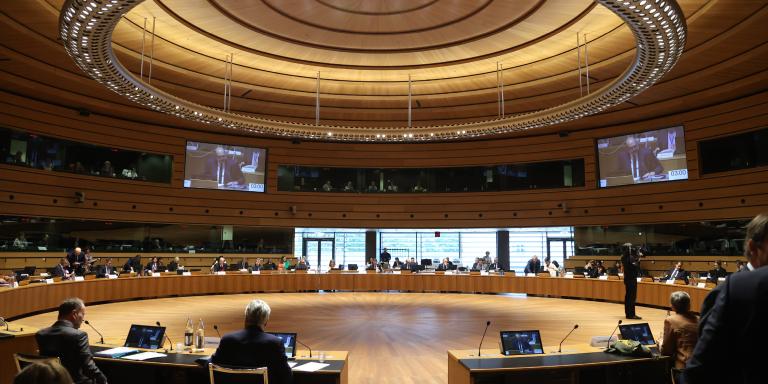
In early June, the EU Council adopted conclusions on the actions taken and the next steps to be taken to ensure the protection of Europeans against terrorism. Among other things, it calls on Member States to cooperate, to exchange information on terrorists, to ban terrorists from entering the EU. The Council also stressed the need to continue exchanges on access to digital data, including in areas such as data retention, encryption and artificial intelligence.
Fighting crime and ensuring the security of citizens is the responsibility of governments, but the attacks of recent years have shown EU member states the need to coordinate their efforts.
In 2015, a year marked by the attacks on Charlie Hebdo, the shootings in Saint-Denis or the Bataclan, EU leaders called for specific measures to be taken, mainly in three areas:
- ensure the safety of citizens,
- prevent radicalization and protect values,
- cooperating with partners at the international level.
In November 2020, following the terrorist attacks in France, Germany, and Austria, EU interior ministers agreed to further strengthen their joint efforts to fight terrorism, without compromising common EU values such as democracy, justice, and freedom of expression. The following month, the European Council presented its conclusions. On June 9, it reviewed the actions taken in this area and presented the next steps.
The latest conclusions of the Council of the EU
AI, an asset in the fight against terrorism
The Council underlined the potential of AI for this fight and the need to allow the competent authorities of the Member States to use it for their work, especially for the processing of mass data in order to fight against organized crime, terrorism and extremism. Guaranteeing them access to the data is essential, including encrypted data.
Information exchange
An effective exchange of information between police, judicial and intelligence authorities of the Member States is necessary to fight terrorism, track foreign fighters and combat organized crime.
To this end, the EU has created a European counter-terrorism center within EUROPOL and updated the Schengen Information System.
The Council invites the Member States to agree on the modalities to set up the exchange of information. It asks the authorities to issue entry bans on third-country nationals who pose a threat to national security and to continue to enter these bans into the Schengen Information System. Furthermore, in order to improve coordination, the Council encourages further cooperation between the authorities responsible for combating terrorism and those issuing residence permits.
Preventing the financing of terrorism
The financing of terrorism is a major concern of the EU. The Council therefore asks Member States to consider how best to limit the means of action of persons and organizations that promote radicalization and invites them to verify that organizations that promote violence and hatred cannot benefit from public funds.
Coordinating restrictive measures
The Council invites Member States to coordinate, to the extent possible, their actions and restrictive measures, such as the freezing of assets and economic resources, or the ban on entry into the EU.
Translated from Le Conseil de l’UE invite les Etats Membres à poursuivre leurs efforts dans la lutte contre le terrorisme









